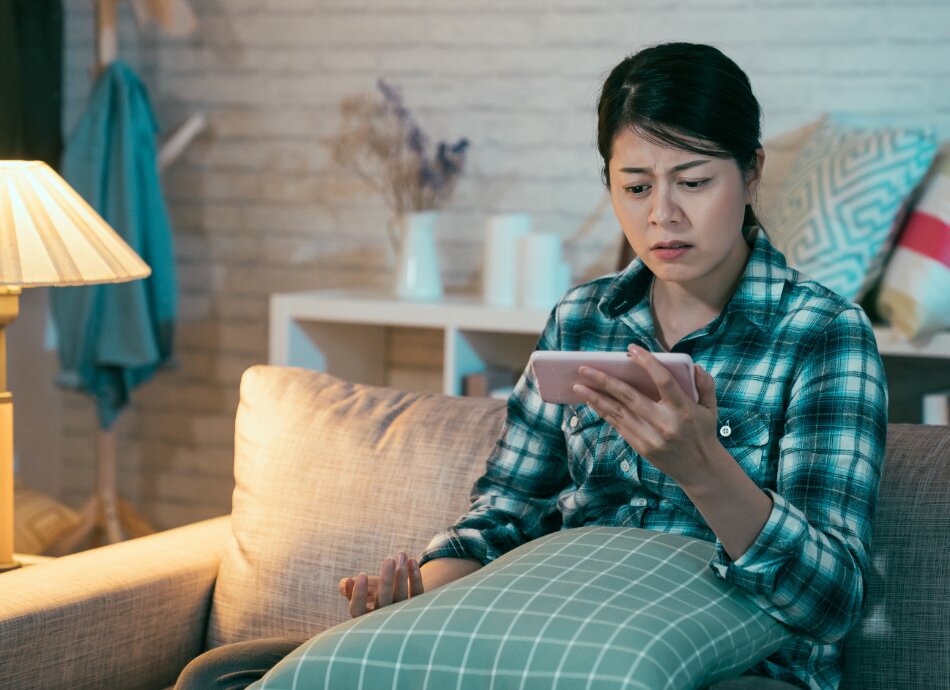You can now add Healthify as a preferred source on Google. Click here to see us when you search Google.
Social media and body image – how to keep it positive
Key points about social media and body image
- Body image is an important part of a young person’s identity and can change and develop throughout life.
- However, body image concerns can be a risk factor for mental and physical health challenges.
- Young people especially are exposed to a lot of unrealistic body images on social media, which contributes to a negative body image.

Researchers have found that more time spent on social media relates to higher body dissatisfaction and disordered eating, more attention to the physical appearance of others and more comparisons.
1. Limit your time on social media
Have a limit on how much time you spend on social media and how many times you check it each day. You can also turn off notifications to reduce the amount of time you check your phone.
2. Embrace the offline world
A good way to reduce your time on social media is to pay more attention to the offline world. Spend more time engaging in real world interactions and relationships with people with realistic body shapes. Have times when you hang out with friends and family/whānau and phones are switched off or banned.
3. Block and unfollow negative apps/posts
Have a spring clean of your apps and people you follow. Think about how they make you feel when you read or look at their posts. Do you feel good or bad, and why? Block or unfollow any that are negative or don’t make you feel good about yourself.
4. Knowledge is power
Educate yourself about how social media works and the impact it can have on body image. Understand that it’s not an accurate representation of reality. Learn how apps are designed to be addictive to keep you hooked and coming back for more.
5. Diversity is your friend
It’s easy to get caught up in an echo chamber on social media and only see content and posts that promote a one-sided view. Include content that comes from diverse and dissenting voices and that promotes different body shapes and body positivity.
6. Seek out positive content
Seek out body positive accounts that promote body positivity and make people feel uplifted. Social media can be a great way to connect with other people in a positive and meaningful way.
7. Think carefully about real the content is
Take time to think about what happens on social media and the effect it has on body image and wellbeing in general. Are the posts realistic? Have they been edited or filtered? Is the person being paid to promote a product?
Think about why people post what they do and the effect it has on others. Think about the purpose of things such as “likes” and the impact they have. Then you’re more able to think carefully about your own posts and others’ that you’re prepared to receive and interact with – or not!
8. Promote and share positive images/ideas
Make sure you’re promoting positive messages and ideas about body image yourself and not getting caught up in negative, unhealthy, unrealistic messaging.
If you have any concerns about your body image, or that of someone you know, please contact your GP or healthcare provider for advice.
Have a healthy social media life
Reference
- Healthy social media(external link) Mental Health Foundation, UK
Credits: Healthify Editorial Team. Healthify is brought to you by Health Navigator Charitable Trust.
Page last updated:





